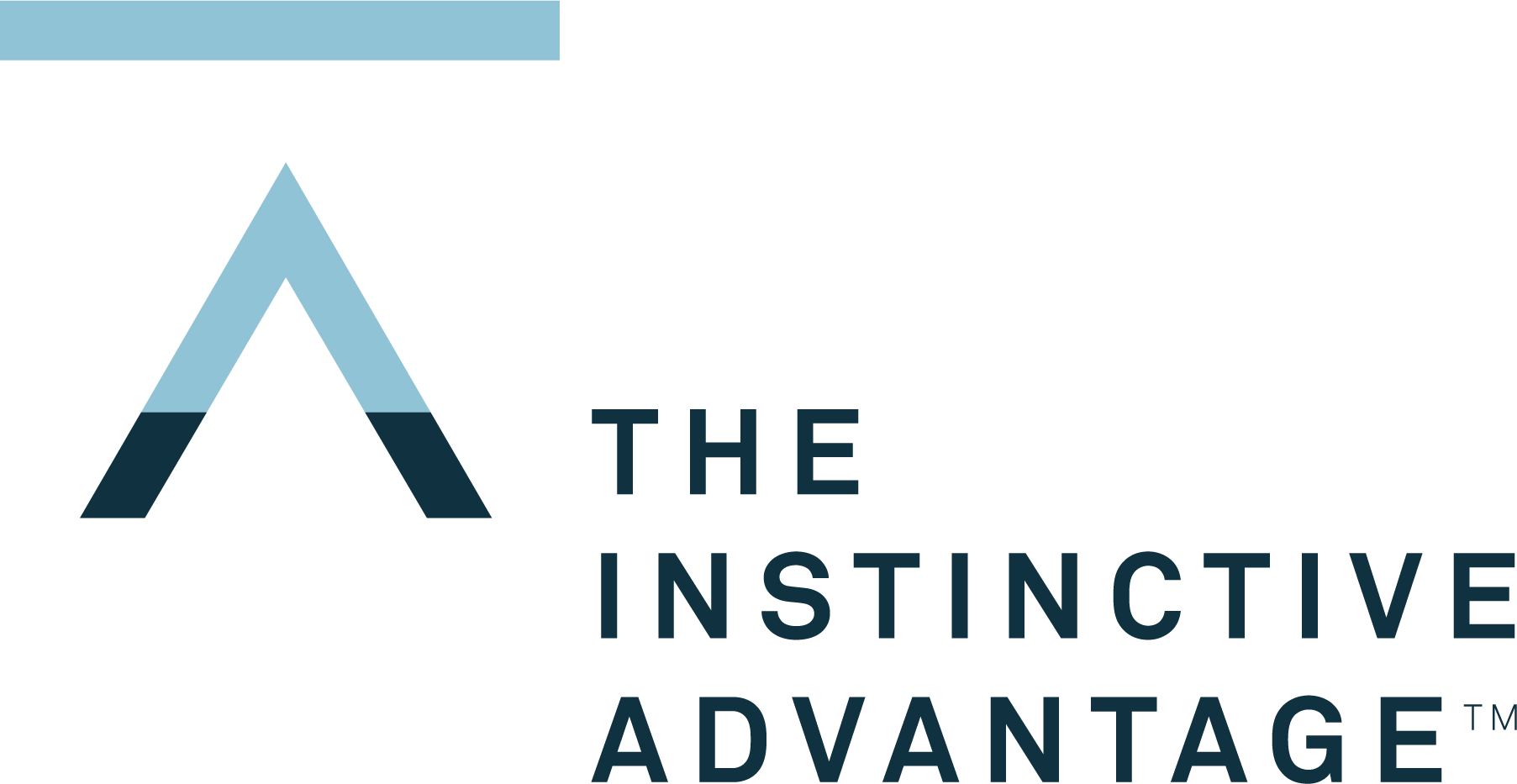The Reason Many Teams Fail: They Weren’t Built Correctly
Teams come in all sorts of shapes and sizes, cultural backgrounds and missions. Some are similar, some are very different. Most teams however have one thing in common. They don’t fail because of a lack of talent.
They fail because they weren’t built correctly.
In this blog post, we’ll look into the things that get missed in interviews, and the reasons that we must take a deeper dive into an applicant’s mind (and your current team’s too). These insights will change how you approach building your team.
DON’T MISS THESE IN YOUR INTERVIEWS:
Interviews are an important element in growing your team. However, important things get missed within the interview itself. Things that have very real implications to your team’s future success. Here are some of the items that get missed:
Instincts vs. Personalities:
In interviews, most of the experience is based around personality, not instinct. Thus, the process is being evaluated by an applicant’s trait that is easily manipulated (you can change your personality; you cannot change your instincts).
Space:
Culture is a word that organizations use when describing their businesses, but how often do we talk about the “space” that an individual truly needs to succeed? Do they need a closed room and quiet environment, or do they need activity and noise? Space can directly influence an individual’s productivity. Naturally, there are also conclusions we can draw around instinct and space needed to work more productivity.
Response to process:
Professionals respond differently to the amount – or lack thereof – of structure; or process. Because of this, it’s crucial that your hiring managers are prepared to evaluate an individual’s response to process. This includes their needs, instincts, and how much or how little structure they truly need to succeed.
BE INTENTIONAL WITH UNDERSTANDING THE MIND:
One way to improve your interview process is to look holistically at the minds of those applying in relation to your team’s. Don’t underestimate the power of the mind, the information you can gather from it, and how you can use that to develop more effective teams.
The mind is categorized into 3 areas, and each area contains factors that are relevant to how you determine your next hire:
Cognitive:
The cognitive is based on an individual’s education and experience, typically associated with an emotional response. Uncovering someone’s cognitive responses can be done through an interview, but also through a background check. Ask questions like, how does (applicant) respond to situations like this (provide an example – stressful, fast paced, etc.)?
Affective:
The affective is created upon personality, culture, and values. Uncovering the affective is done through the interview process. You can think about this as an individual’s personality, who they are, and what they stand for. Maybe ask yourself this question: is this (applicant) a “culture” fit?
Conative:
The conative is how the person takes action. These are the intangibles that you won’t uncover in an interview; it’s the instincts that are built deep within a person. These instincts determine how you build an effective team; think about building a puzzle of individuals who have the appropriate instinctual responses to problems that your organization solves.*The conative is where most companies fail to plan.
Team’s and needs are different across the board, and that’s okay. When you’re able to build teams with a true understanding of the mind – the cognitive, affective, and conative – you become more powerful, and stable. And guess what, it changes how you conduct interviews.
Remember, failure doesn’t happen because of a lack of talent; it happens because of a lack of building correctly.
-Erin
